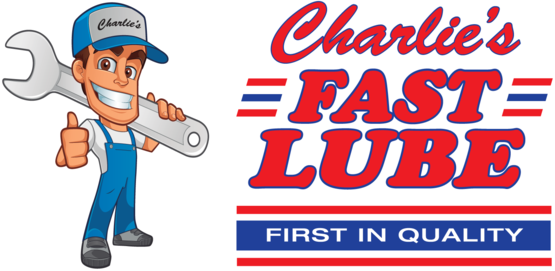Saving Lives in Perryville with Tire Pressure
December 26, 2021
All new passenger vehicles on our Perryville, Missouri, roads now have tire pressure monitoring systems – TPMS for short. They are designed to alert you if your tires are underinflated. Since they are fairly new, a lot of people have questions about them.
First off, the most important thing is that you still need to check your tire pressure every week – or at least every time you gas up. The TPMS system alert comes in when your tire is 20 percent below the factory recommendation. So if the recommended pressure is 34 pounds per square inch, the TPMS warning won't come on until the pressure is at 28 pounds. That's significantly underinflated, enough to raise safety concerns.
The worst is tire failure. A severely underinflated tire can overheat and fail. Also, handling degrades to the point that you may not be able to steer out of trouble. Also underinflated tires wear out faster and they waste fuel. So it's costly to not stay on top of proper inflation.
What's the practical value of the TPMS system? Well, it's twofold. First, it can alert you when your tire is losing pressure due to a puncture or a bent rim. That's an important warning that you might not have gotten until next time you gassed up.
The second is that we all occasionally forget to check our tire pressure. So it's a fail-safe system to let you know there's a problem brewing.
Other things can cause your TPMS system to go off. The system also monitors itself. The sensors that are mounted in the wheels have little batteries that send a signal to the monitor. The batteries go dead over time and the TPMS system will let you know. And the sensors could break. Also road salt from our Missouri roads can ruin them.
There's also a hassle factor that your Perryville, Missouri, tire center has to contend with. For example, when you have your tires rotated in Perryville, the TPMS system has to be re-calibrated so that it knows which tire is on which corner of the car. Same is true for when you have new tires or winter tires installed. Flat repairs, as well.
That takes extra time. And it requires the right equipment and training. Special – and expensive – tire change machines need to be used with some sensors. It's all complicated by the fact that there are a number of different TPMS systems in use so the tire professionals at Charlie's Fast Lube Perryville need equipment and training for each kind. Tire centers have had to raise the price of some of these basic services to offset their increased costs.
Also if you add custom wheels on your vehicle, you need to put in new TPMS sensors if your originals won't work on the new rims. If you don't your TPMS light will be on constantly and you won't have the benefit of the warning system.
All in all, the mandated TPMS systems will save lives, so they're worth the added hassle and expense.
Charlie's Fast Lube Perryville
701 S. Perryville Ave
Perryville, Missouri 63775
575-517-0022
http://www.charliesfastlubeperryville.com
Need Service?
More articles from Charlie's Fast Lube Perryville

Why did my vehicle fail its emissions test?
April 27, 2025
We all want to breathe clean air and keep our planet green. One of the ways to do that is by requiring all vehicles with internal combustion engines to pass an emissions test. Thats because these vehicles can be big polluters. Everyone wants their car to pass the test so they can continue the... More

Braking Good (Brake Drum Replacement)
April 20, 2025
Maybe your vehicle feels like Breaking Bad. In other words, when you brake, things are bad. You may find it takes you a longer distance to stop, you feel a vibration, or its pulsating when you depress the brake pedal, or perhaps your vehicle pulls to one side. Those can be symptoms of failing b... More

Oil Times are a-Changin' (Oil Change Synthetic)
April 13, 2025
When it comes to oil changes, things are really changing. Most newer vehicles require synthetic oil, and while it costs more than conventional oil, it doesn't need to be changed as often. When conventional oil was the only game in town, you changed your oil every 3,000 miles/5,000 km. But as tec... More











